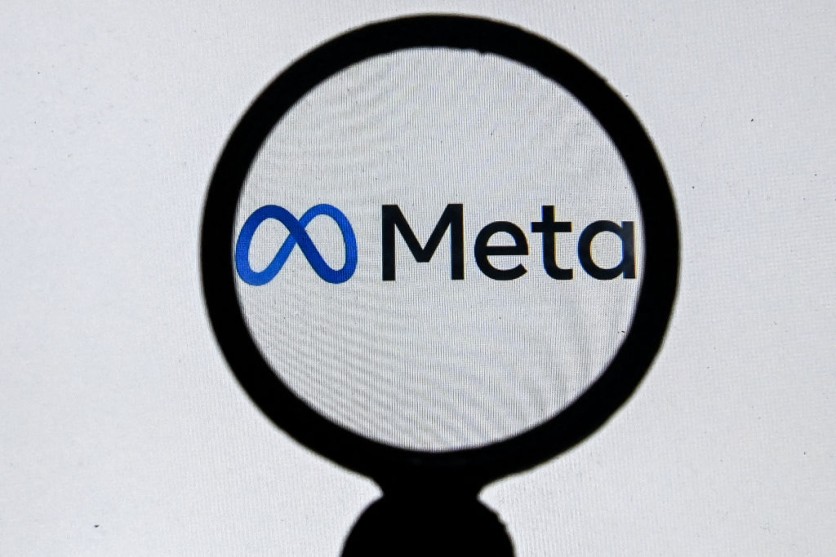
This photograph taken on October 28, 2021, shows the META logo on a laptop screen in Moscow as Facebook chief Mark Zuckerberg announced the parent company's name is being changed to "Meta" to represent a future beyond just its troubled social network.(Photo: KIRILL KUDRYAVTSEV/AFP via Getty Images)
A Russian military court has handed down a six-year prison sentence in absentia to Meta spokesperson Andy Stone for allegedly "publicly defending terrorism." Stone, who was not present during the trial, was convicted by the court.
Sentencing Meta Spokesperson in Absentia
A Russian court delivered a swift verdict on Monday, convicting the spokesperson of Meta in absentia. Associated Press reported that the court sentenced Andy Stone, Meta's communications director, to six years in prison for justifying terrorism.
The charges against Stone stem from his statements made in 2022 following Russia's invasion of Ukraine. Stone, who resides in the United States, announced temporary modifications to Meta's hate speech policy to accommodate certain forms of political expression, including violent speech like death to the Russian invaders.
Despite Stone's clarification that calls for violence against Russian civilians would remain prohibited, Russian authorities initiated a criminal case against him and other unnamed Meta employees, labeling the statement as illegal calls to violence and killings of Russian citizens.
In a significant move, Russian authorities designated Meta as an extremist entity and enforced a ban on Facebook and Instagram within the country. These platforms, along with X, enjoyed widespread usage among Russians prior to the invasion and the ensuing clampdown on dissenting voices.
Also read : Meta Spokesperson Andy Stone on Russia's Federal Wanted List Amidst Extremism Allegations
Despite the ban, individuals can still access these platforms using VPN services. According to Mediazona, initial charges against Stone included incitement to terrorist activity, public endorsement of extremist actions, and public justification of terrorism. However, the indictment's final version dropped the first two charges.
The trial commenced on Friday with Stone represented by a state-appointed attorney, concluding on Monday after just two sessions. Stone received a six-year sentence in a penal colony and a four-year prohibition from managing websites.
Similarly, Russia made a formal declaration barring Meta CEO Mark Zuckerberg from entering the country in April 2022.
Designating Meta as an Extremist Organization
In a Moscow courtroom, a judge also declared Facebook and Instagram guilty of "extremist" activity, cementing the ban on both platforms enacted earlier this month. However, WhatsApp, another key product under Meta's umbrella and a widely used messaging app in Russia was spared from the ban.
According to Engadget, the Russian authorities initiated a criminal case against Meta following Facebook's temporary allowance of violent calls in Ukraine and certain other nations. Today, the court delivered its verdict on the case.
The decision to exempt WhatsApp from the ban may be attributed to its widespread adoption in the country. A Deloitte survey from 2021 revealed that approximately 80% of Russians aged 14 and above utilize WhatsApp for communication.
Ironically, the legal proceedings against Meta resulted in WhatsApp relinquishing its position as the most widely used messaging platform in Russia. Mobile operator Megafon disclosed today that Telegram has now emerged as the preferred messaging application in Russia, with millions of Russians resorting to its usage amid uncertainties surrounding WhatsApp's future.

ⓒ 2026 TECHTIMES.com All rights reserved. Do not reproduce without permission.




